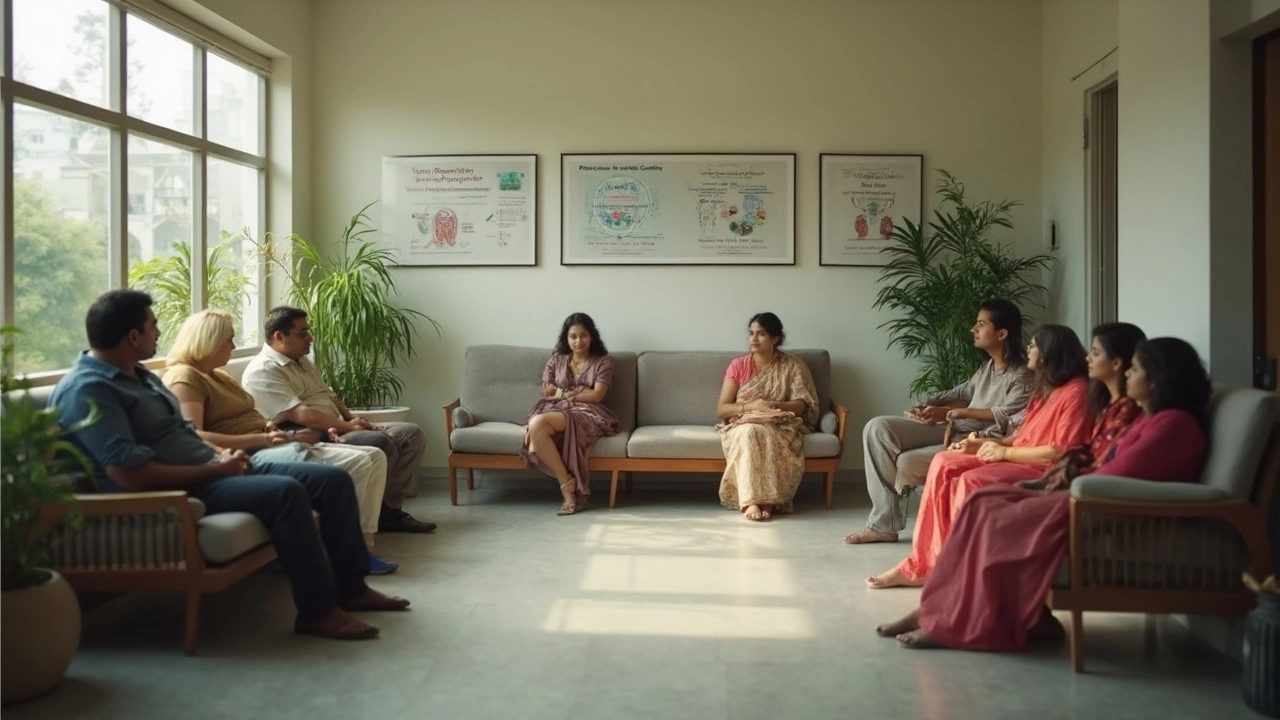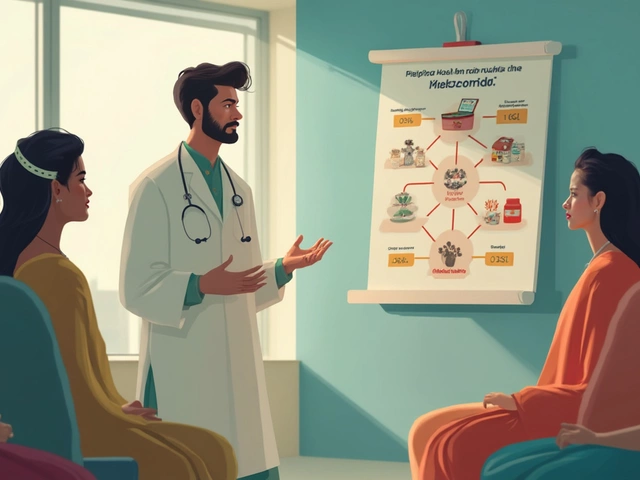IVF Risks – Key Facts Every Couple Should Know
If you’re thinking about IVF, you probably have excitement mixed with a bit of worry. That’s normal. In vitro fertilization can open doors, but it also comes with its own set of risks. Knowing what to expect helps you plan, ask the right questions, and stay in control of the process.
First off, IVF isn’t a one‑size‑fits‑all solution. Your age, health, and the clinic’s protocols all shape the safety profile. Most people go through treatment without serious trouble, but a small percentage experience complications that can affect the body, the pregnancy, or even future fertility. Below we break down the most common issues and what you can do to keep them in check.
Common Complications
Ovarian hyperstimulation syndrome (OHSS) is the headline‑maker. It happens when the ovaries react too strongly to fertility drugs, swelling and leaking fluid. Mild cases feel like bloating, while severe cases can cause shortness of breath or sharp abdominal pain. Doctors usually spot the warning signs early and may adjust medication doses.
Multiple pregnancies are another frequent side effect. Because doctors often transfer more than one embryo to boost success rates, twins or triplets can result. Carrying more than one baby raises the risk of pre‑term birth, low birth weight, and delivery complications. Many clinics now favor single‑embryo transfer, especially for younger women, to cut this risk.
Egg‑retrieval complications include bruising, bleeding, or infection at the needle site. The procedure is done under ultrasound guidance, so serious injury is rare, but it’s good to know that a short recovery period (usually a day or two) is normal.
Pregnancy‑related issues such as ectopic pregnancy, miscarriage, or gestational diabetes can still happen after IVF, just like in natural conception. The difference is that some studies suggest a slightly higher chance of certain problems when embryos are transferred into a uterus that’s been hormonally prepared.
Lastly, there’s the emotional toll. Hormone shots, frequent appointments, and the roller‑coaster of hope and disappointment can strain mental health. Couples often report anxiety or depression during the cycle, so having support in place is crucial.
How to Reduce the Risks
Talk openly with your doctor about your medical history. Conditions like polycystic ovary syndrome, thyroid problems, or severe endometriosis can increase complications. Tailoring medication doses to your body can lower the chance of OHSS.
Ask about the clinic’s embryo‑transfer policy. If you’re under 35 and have a good prognosis, a single‑embryo transfer is usually the safest route. It still offers solid success rates while cutting the chance of twins or triplets.
Stay on top of monitoring. Frequent ultrasounds and blood tests let the doctor spot rising estrogen levels early, letting them tweak the treatment plan before any issues flare up.
Take care of yourself between appointments. Hydrate well, eat balanced meals, and rest as much as possible. Light exercise, like walking, can improve circulation and reduce bloating.
If you notice any unusual symptoms—severe abdominal pain, rapid weight gain, trouble breathing—contact your clinic right away. Prompt action can prevent a mild case from turning serious.
Consider counseling or a support group. Sharing experiences with others on the same journey can ease the emotional load and give you practical coping tips.
In short, IVF is a powerful tool, but it’s not without potential downsides. By staying informed, listening to your body, and working closely with a trusted fertility specialist, you can navigate the process with confidence and keep the risks to a minimum.

The Hidden Downsides of IVF: Risks, Costs, and Emotional Impacts
Wondering about IVF risks? This in-depth article digs into the physical, emotional, and financial downsides of IVF—honest, human, and eye-opening.

What Disqualifies You from IVF? Clear Truths About IVF Eligibility
Curious what might stop you from getting IVF? This article lists clear, real-world reasons people get turned away from fertility clinics. It details medical, age, lifestyle, and legal factors that make someone ineligible for IVF. You’ll learn facts that clinics don’t always say out loud, plus practical tips on what can help or hurt your chances. If IVF is on your mind, start here to avoid surprises down the road.

Understanding IVF Side Effects: What to Expect and How to Manage Them
In vitro fertilization (IVF) is a complex process that assists individuals and couples in achieving conception. While it offers hope to many, it also carries potential side effects. Patients might experience physical symptoms like bloating, emotional changes, or rare complications such as ovarian hyperstimulation syndrome. Understanding these effects can equip individuals with knowledge to manage them better and improve their IVF experience.

Does Metformin Really Aid Weight Loss?
Feb, 12 2025



